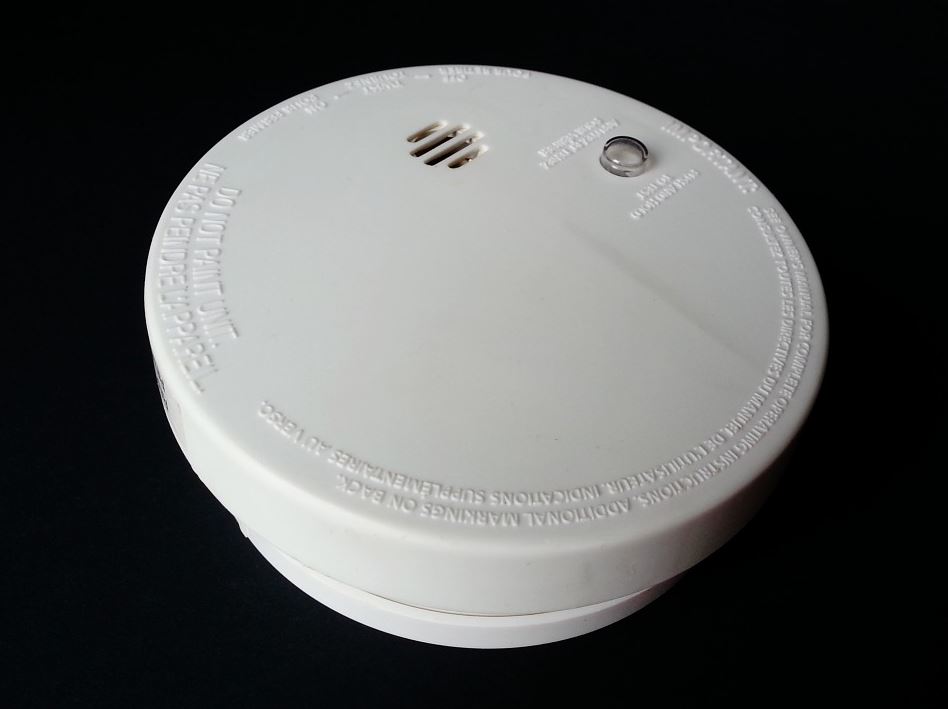
Individuals with hearing impairment or deafness must learn to navigate the world in new ways to avoid common hazards. Those who are born with these issues learn effective methods to protect themselves at an early age. However, when hearing loss comes later in life, individuals must develop these new skills quickly to ensure their safety. Here are a few tips that will allow you to carry on your normal activities safely, regardless of impairment in hearing.
Walking Safety
Even walking down the street in your community can pose hazards for individuals who are hard of hearing or deaf. An individual may not be able to hear the engine roar of a fast-moving truck or detect the muffled honk of some cars. Children quickly learn to compensate for their hearing loss, but adults who have lost their hearing recently may not be accustomed to using these skills consistently. Pedestrians should be particularly aware of the speed limit along their routes, as well as the type of vehicles that travel it. They should be particularly alert the first few times they walk a new route.
Fire Safety
Individuals who are deaf or have hearing problems will not be able to hear the standard home fire alarm. Special types of alarms that combine an alarm with a strobe light will alert hearing-impaired individuals of fire danger. Always buy alarms that have been approved by a recognized testing laboratory. Test your fire alarm system monthly to ensure proper operation during an emergency.
Driving Safety
When driving, individuals who are deaf or have a hearing impairment must depend more upon visual cues to ensure safety. They are advised to remove all distractions from the windshield or back deck and ensure they have a clear field of viewing at all points around the vehicle. Additional mirrors with wide-angle capability can improve your ability to see around the perimeter of the car. If you do a significant amount of driving during the week, you should consult a professional at a hearing clinic like Hearservice to determine if an appropriate hearing aid is available.
Millions of individuals deal with hearing impairment and have learned to utilize assistive devices and smart strategies to accomplish their daily tasks. Physical challenges don’t have to stop you from fully engaging in life. Take a proactive approach to learn the skills that will allow you do the things you love. If you use these tips, you will be able to avoid the common hazards that affect those with hearing issues.
Emma Sturgis
Recent Posts
- Castor Oil For Better Hair Growth: Is It Myth Or Fact?
- Exploring the Differences Between Sermorelin, Ipamorelin, Ibutamoren, GHRP2, and GHRP6: Understanding Their Role in Human Growth Hormone Regulation
- Unraveling the Mystery: Understanding the Causes and Prognosis of Ventricular Tachycardia Without Apparent Heart Disease
- Understanding Grandparents’ Rights in Oklahoma: Navigating Visitation and Legal Protections
- 10 Reasons to Consider Hypnotherapy for Your Health

